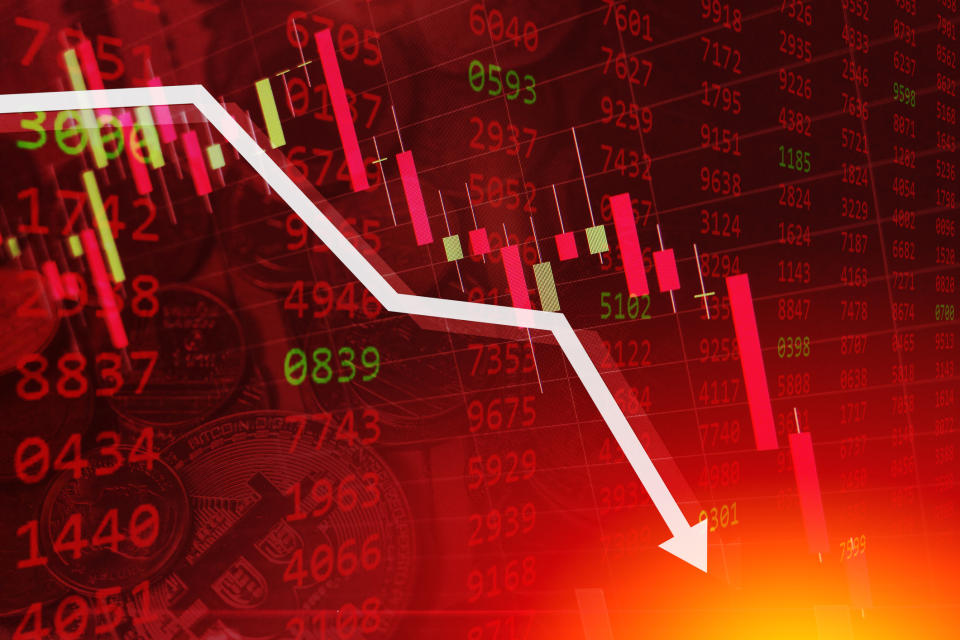
Li Auto, a Chinese electric vehicle (EV) maker, reported weaker-than-expected first-quarter earnings and guided low on the current quarter. The company earned $0.17 per share for the first quarter, lower than expected, and quarterly sales were $3.55 billion, missing consensus targets of $3.7 billion (Fact 1). Li Auto delivered 80,400 EVs in Q1, up 53% from a year ago but down 39% vs. Q4 (Fact 2). The bulk of Li Auto's sales come from its SUV line of extended range EVs. The company will not release any all-electric SUVs in 2024 and expects Q2 deliveries to be between 105,000-110,000 vehicles with revenue of $4.1 billion-$4.3 billion (Fact 3). Li Auto announced hefty price cuts on all its vehicles except for the brand-new L6 SUV and will lay off more than 18% of its workforce (Fact 4).
Meanwhile, AstraZeneca, a pharmaceutical company, aims to double its revenue by 2030 through significant growth in its existing oncology, biopharmaceuticals and rare disease portfolio and by launching an expected 20 new medicines before the end of the decade (Fact 5). The company is also investing in disruptive innovation to shape the future of medicine and drive long-term growth. AstraZeneca has decoupled carbon emissions from revenue growth since 2015 while growing Total Revenue by 85% over the same period (Fact 6). By 2026, AstraZeneca will be carbon zero for Scope 1 and 2 emissions and by 2030 halve its Scope 3 emissions (Fact 7).
Li Auto's disappointing earnings report has led to a brutal dumping of company shares, with Li Xiang, founder and CEO of the company, struggling to convince investors that it can keep growing amid intense competition and a price war (Fact 8). The intense price war has forced industry leaders such as BYD and Tesla to offer discounts on models across the board. Weak sales of Li Auto's new Li Mega multi-purpose vehicle (MPV) have added to its woes, with the company also reportedly in the midst of large-scale layoffs affecting almost 20% of its workforce (Fact 9).


